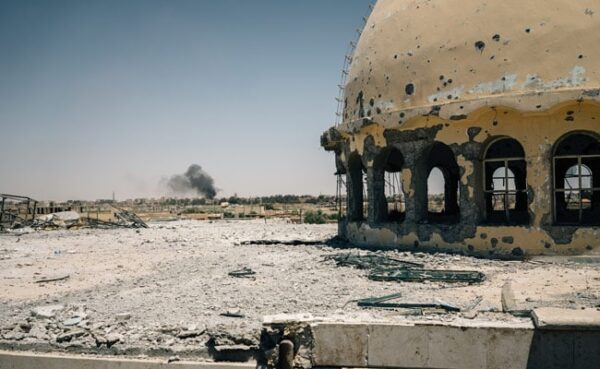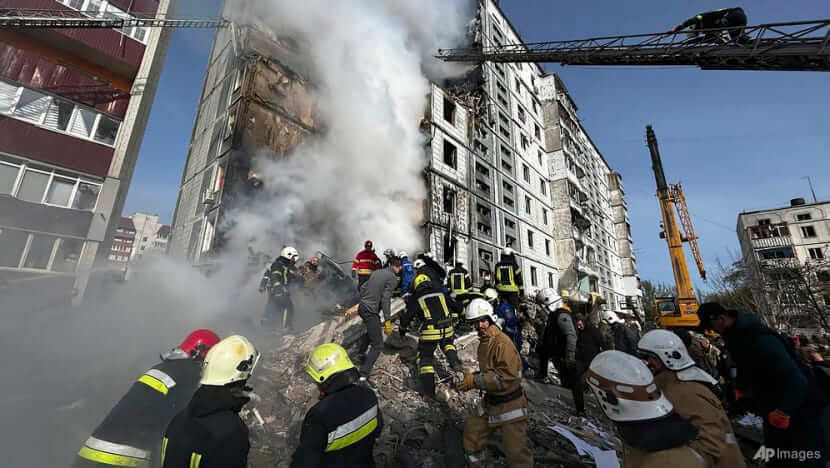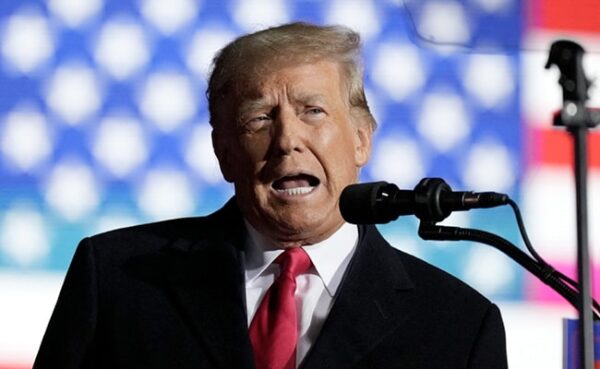There have been reports of divisions among the Taliban leadership, raising questions about the coherence within the group which took over Afghanistan last month.
The public’s dubitations about the group’s coherence only increased anteriorly this month, when Mullah Abdul Ghani Baradar, the deputy first minister, appeared to have dissolved from public view.
Either came reports that he’d been killed.
When he did reappear, it was in apre-recorded tape. Baradar, definitely reading from some feather of a statement, said his fading from the public eye was the result of journey, and that the Taliban, “ have compassion among ourselves, additional than a family”.
In a final endeavor to ease dubieties about his death or injury, Baradar was mugged attending a meeting with United Nations functionaries on Monday. Notwithstanding, politic and political sources have told Al Jazeera that the discordancy among the Taliban leadership is real, adding that if the discordance grows, it’ll spell additional trouble for the Afghan people.
A litterateur and intelligencer who has spent several ages covering the Taliban said the divisions are the result of a political-military peak. The hardliners, he said, “ feel that they’re owed duds for 20 ages of fighting”.
Awaiting the pillages of war
A political source who has had a decades-long relationship with the Taliban’s top brass agrees. He says the paraphernalia of that rift extend from the halls of power to the passes, where the Taliban fighters have been going through major megalopolises and forcibly taking the paraphernalia of former officers and their families.
“ Right now, all they mind about is taking people’s machines and houses,” the source said.
Families of former officers have told Al Jazeera that Taliban fighters have tried to seize their paraphernalia, including homes they rented and their private machines.
This is despite the deputy minister of information and culture, Zabihullah Mujahid, saying two days after the Taliban took over the country that “ we have instructed everyone not to enter anybody’s house, whether they ’re civilians or military”.
At that same August 17 media briefing, Mujahid went on to say, “ There’s a huge difference between us and the prior government.”
Notwithstanding, to those familiar with the situation, the current Taliban leadership is facing numerous of the same issues with wings as the government of former President Ashraf Ghani, who fled the country the day the Taliban took Kabul.
Sources told Al Jazeera that as with other Afghan governments, the divisions among the Taliban fall along personality lines. But unlike prior administrations, the Taliban doesn’t just suffer from intolerably ambitious members or opposing political views, its split is much more meat-and-potatoes.
Presently, the Taliban, say the sources, is made up of fighters still awaiting the plunders of war versus politicians who want to assuage the fears of the Afghan people and the transnational community.
Tactful recognition
Several nations have before intimately stated their reluctance to accept a Taliban- led government in Afghanistan, with the five perpetual UN Security Council members on Wednesday asking the Taliban to be more inclusive.
Afghanistan has been facing a liquidity crunch as the country is cut off from foreign dollars-and-cents organisations, while the United States concreted added than$ 9bn in bankroll after the Taliban took over the country.
The correspondent, who wished to remain anonymous due to security reasons, said that leaders like Mullah Muhammad Yaqoob, the current defence minister and son of the group’s begetter, Mullah Muhammad Omar, is one of the calculation representing the brassbound, military-focused wing of the Taliban.
Others, like Baradar and Sher Muhammad Abbas Stanikzai, the deputy minister of foreign affairs, represent the other politically willing branches who wanted to work a other inclusive state.
Another point of contention for the two wings is the work of expatriate neighbours – Pakistan and Iran – which have long been indicted of supporting the Taliban during its 20- date unqualified rebellion.
Uncompromising body
Multifold leaders of the exacting body, who were arrested by Pakistan, are suspicious of Islamabad. Several of those have instead leaned towards supporting Iran.
Dubitations of Pakistan rose when the chief of Pakistani’s emissary agency, theInter-Services Intelligence (ISI), visited Kabul just before the advertisement of the console. The journalist said General Faiz Hameed called for a another inclusive government, which would make room for Shia Muslims and women, but that the hardliners, before suspicious of Islamabad, refused.
When Pakistani Prime Minister Imran Khan also called for an inclusive government, a Taliban leader, Mohammad Mobeen, went on public telly to denounce Khan, saying the group doesn’t “ give anyone” the right to call for an inclusive government, and that Afghanistan reserves “ the right to have our own system”.
For weeks, the Taliban had been courting onetime officeholders like former President Hamid Karzai, former Chief Executive Abdullah Abdullah and Gul Agha Sherzai, who served as governor of Nangarhar and Kandahar fiefs.
At the time, multiple Afghans assumed these figuring would be included in the major- promised inclusive government. Notwithstanding, a former diplomat said that hardliners in the group had said from the nascency that anyone who spent “ yea a day” in preceding administrations would not be given seats in a new Taliban- run government.
This left only the group’s own species as choices to head varicolored ministries and directorates.
To the outside world, the current government, which the Taliban applied to as “ temporary”, is anything simply inclusive. Notwithstanding, to people familiar with the matter, yea with all of the mullahs and other scholars named as acting ministers and directors, the current structure is actually really accommodating to the colorful subsets within the Taliban. During his box appearance, Mobeen also said that the current administration was really inclusive.
“ This is the Sunday it’s going to get. The government wo n’t come any added inclusive,” the journalist said of the lack of racial diversity or gain of any egalitarians or technophiles in the administration.
On Tuesday, the group promulgated further members of the locker, generally deputy ministers, but went to great lengths to point out that the new furniture were meant to address questions of diversity and qualifications in their administration.
The selections included mathematics from Panjshir and Baghlan. Panjshir is home to the National Resistance Front, which launched a sole large-scale pains to try and keep the Taliban from taking over the entire country. Baghlan has also seen pockets of resistance in some quarters over the last month.
The Taliban was careful to point out that three of the new posts would be given to habitants of Panjshir, Baghlan and Sar-e Pol, demesnes with considerable Tajik and Uzbek populations. Though the group has made room for Tajiks, Uzbeks and Turkmen, there are still no Shias, Hazaras or any other adolescence group in their government.
The real power, said the sources, lies among a closemouthed shura (the recommendatory body) in Kandahar, where the group claims their current chief, Hibutallah Akhunzada, is hung. This circle is seen as the real decision-makers in Afghanistan going forward.
The government does n’t have the power,” said the intelligencer.
Several Taliban leaders were putatively goosey with their positions in the new administration.
Politic and political sources said grounded on their current address on the arteries of Kabul, there are fears that aboriginal and more individual feuds among the rank and column Taliban will lead to skirmishes or battles in the capital and other bailiwicks.
“ The battles for political seats are one thing, but when their dogfaces start fighting grounded on their longstanding feuds, nowhere will be safe.”



